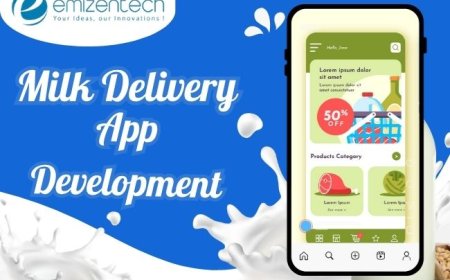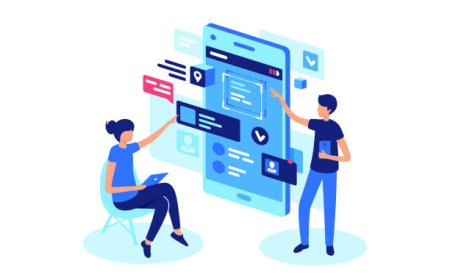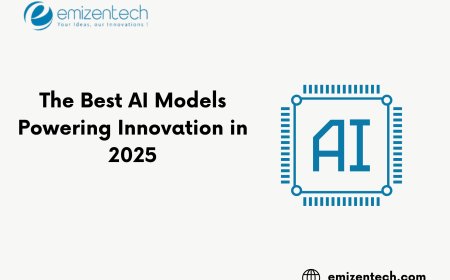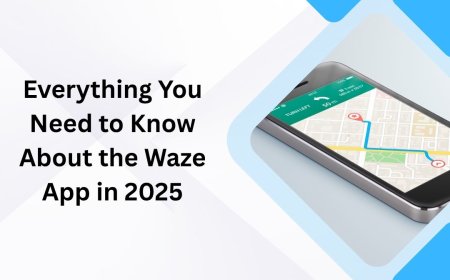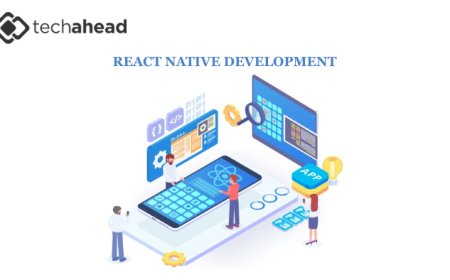AI, Android, and Beyond: What Google I/O 2024 Revealed About What’s Next
Google I/O 2024 unveiled game-changing updates in AI, Android, and video tech like Veo3. Here’s what it means for your future in the IT world.
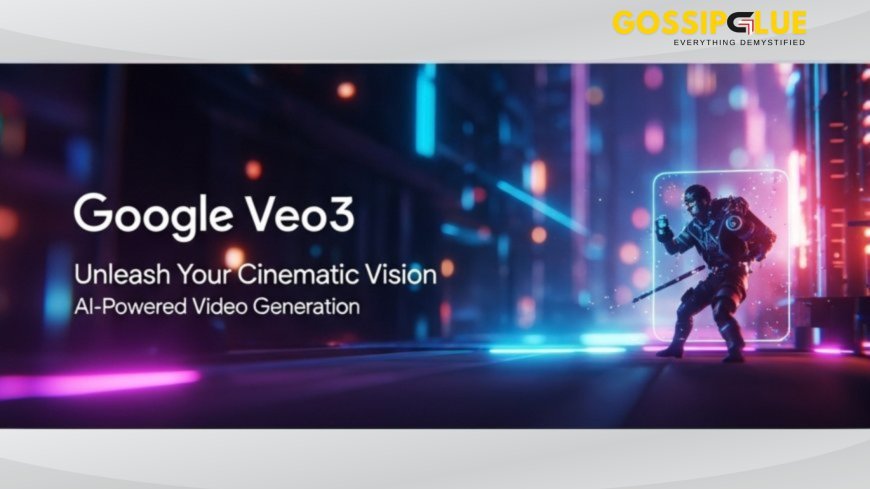
The Future Is (Still) Being WrittenAnd We Just Got a Sneak Peek
If youre someone with even a toe dipped in the tech worldwhether you're a budding developer, a student exploring IT, or a tech enthusiast glued to keynote streamsGoogle I/O is like Christmas in May. And Google I/O 2024 didnt just deliver giftsit handed us a roadmap to the next chapter of digital life.
From jaw-dropping AI video breakthroughs to subtle but smart Android upgrades, this years event wasnt about flashy gimmicks. It was about whats coming next, and more importantly, how were all going to be part of building it.
Lets break down the key takeaways in a way that actually makes sense for youespecially if youre charting your path in tech.
Veo3: Googles Big Leap in AI Video
One of the biggest showstoppers this year was Veo3, the latest evolution of Googles AI video generation platform. If youve ever messed around with generative video tools or even dabbled in prompt-to-image AI, youll understand how big of a leap this is.
Unlike earlier versions, Veo3 Googles upgraded model offers significantly higher resolution, better scene consistency, and smoother motion renderingall powered by refined prompt engineering. You can now write a prompt like a cinematic aerial shot of a futuristic city at sunset, and Veo3 delivers something that wouldnt look out of place in a Netflix trailer.
But heres the real kicker: Its not just a toy for creatives. As AI video becomes more accessible, fields like education, marketing, content creation, and even prototyping in app development are seeing huge potential. For someone entering IT, learning how to leverage tools like Veo3 (or understanding the Veo cost and feasibility for business use) might soon become a standard skill, just like knowing how to work with APIs.
AI Trends That Arent Just Hype
Lets talk AI trendsand no, not the kind that fizzle out after a few months. What Google showcased this year felt grounded. Instead of grand promises, it focused on practical, integrated AI.
Take Project Astra, Googles vision for a real-time, multimodal AI assistant. Think of it like a supercharged version of Google Assistantonly now it can see and understand your environment in real time. Snap a photo of your router, and it can walk you through troubleshooting. Or point your phone at a math problem, and it wont just solve ititll explain the steps.
This has massive implications for AI in education. Personalized learning, real-time homework help, and inclusive support tools are about to get smarter and more responsive. For IT professionals in edtech, understanding how to design user-centric AI experiences will be an essential asset.
Also worth noting: Google is making prompt engineering less of a mystery and more of a user-friendly skill. New development tools make it easier to train, test, and fine-tune your own AI appsno PhD required.
Androids Quiet Revolution
While AI stole most of the spotlight, Android 15 quietly delivered some real gemsespecially for those in mobile dev.
The updates werent revolutionary at a glance, but the details matter:
Enhanced battery optimization for foldables and wearables
Improved private space features for security-conscious users
Developer-friendly APIs for AI integration directly into apps
And perhaps most importantly: smoother, more consistent performance across fragmented devices
For IT folks looking to break into app development, Google is clearly signaling: weve got your back. Between improved documentation, better emulators, and smarter SDKs, Android dev just got more beginner-friendlywhile still catering to pros.
What This Means for Your IT Career
So what does all of this mean if you're trying to carve out a career in tech?
Heres the honest truth: Google I/O 2024 isnt just a flex from one of the worlds biggest tech companies. Its a mirror reflecting the skills that will matter over the next few years. If youre eyeing IT, nows the time to lean into:
Prompt engineering: Its not just for AI researchers anymore. Whether you're building with LLMs or creating AI-powered interfaces, how you talk to machines will be a core part of the job.
AI video and creative tools: Understanding how tools like Veo3 workwhat they cost, what they can do, and where they fitcould give you an edge in fields like UX, digital content, or even technical consulting.
Applied AI in education: Whether youre designing systems for classrooms or creating smart content delivery tools, AI is changing how people learnand IT pros will be building that future.
Cross-platform app development: Android might not be new, but its evolving fast. Building apps that leverage native AI features is a skill with staying power.
Final Thoughts: Its Your Turn to Build
The dust is settling on Google I/O 2024, and heres what we know: Were not spectators in this story. Whether you're a student, a career-changer, or a code-curious hobbyist, youre being handed the tools to shape what comes next.
So if something sparked your interestmaybe it was Veo3s visual magic, or the practicality of Androids evolutionrun with it. Learn it. Build with it. Because these arent just trends; theyre invitations.
And trust menow is a great time to say yes to that journey.

































